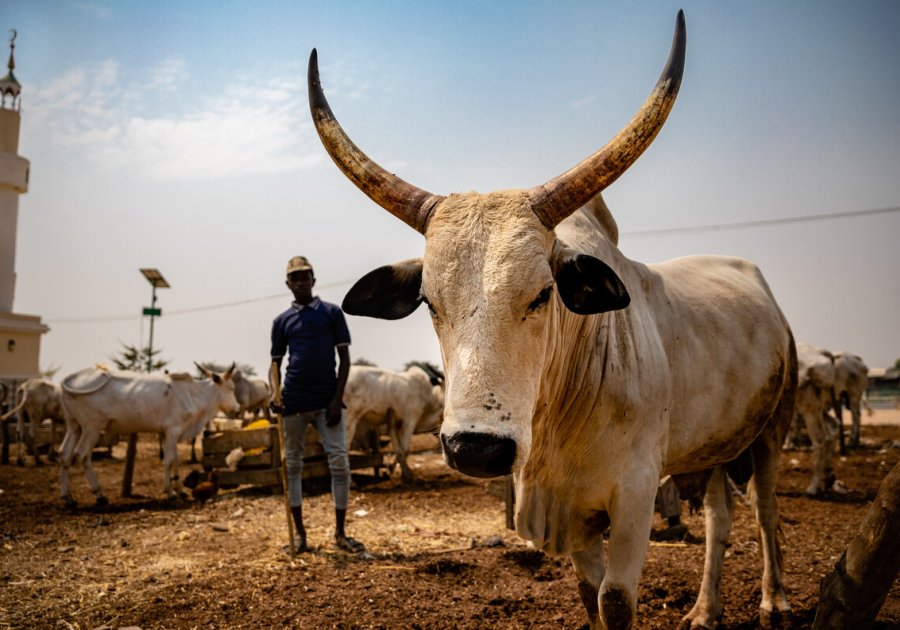Humans, animals, and health
In this seminar, Susan Iseyen and Jane Davidson introduce two historical case studies in which the interaction of human and animal medicine sheds new light on past public health and its values: the role of farm animals in colonial leprosy settlements, and urban milk production in nineteenth-century Britain.

In this seminar, Iseyen will discuss the centrality of farm animals to the functionality and success of leprosy settlements in colonial Nigeria, and the considerable influence they wielded over human health. Pivotal to medicine and therapy through husbandry and improvement of human nourishment in leprosy institutions, livestock shaped medical knowledge and practice between the late 1920s and 1940s. Visual sources including film show the intervention of non-human animals, setting the stage on which the human history of leprosy establishments played out in the era of colonization.
Davidson will discuss her doctoral research on the history of veterinary studies in Britain, focusing on efforts across the nineteenth century to improve the production and processing of milk in newly urbanizing areas. These efforts included veterinary inspections and attempts to improve the sanitation of cow sheds to increase milk production – in which animal welfare was an afterthought. Could public health policy have been used to improve health outcomes and welfare for both animals and humans?
Speaker
Susan Iseyen, PhD candidate at Princeton University’s history department
Jane Davidson, University of Kent and Royal College of Veterinary Surgeons CHASE-funded PhD candidate
Event notices
- Please note that the recording link will be listed on this page when available.
Admission
Contact
